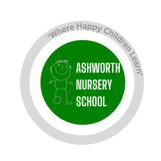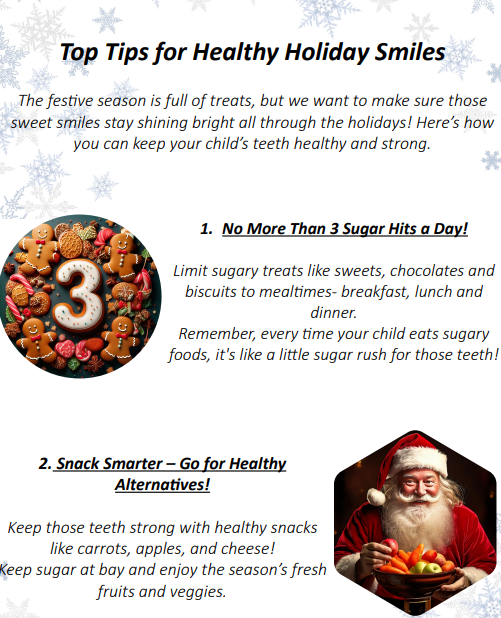Oral Health
Christmas time and healthy teeth
AP Smilestars have provided some information about keeping teeth healthy at Christmas time when there are more sweet treats around. Here you will find their top tips.

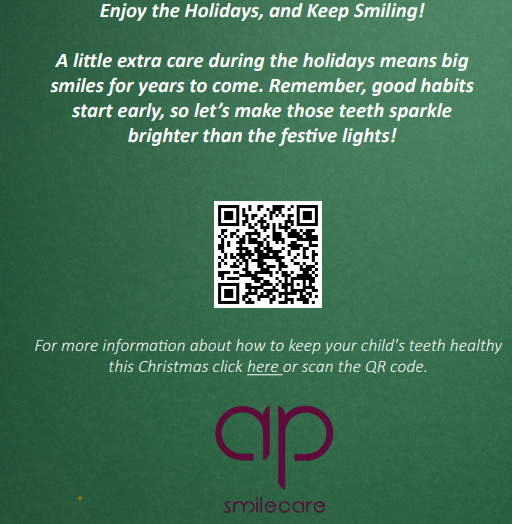
AP Smilestars Programme
We are delighted to be taking part in the AP Smilestars supervised toothbrushing programme. Every day the children spend 2 minutes brushing their teeth. All of the resources have been provided by AP Smilecare. Having healthy teeth is very important and getting into a good routine in the early years will help create good habits for life. Parents are able to opt out of this programme, however, we recommend that all children take part. If you have any questions or worries, please speak to a member of staff.
During our Autumn term theme, the children learn about keeping themselves healthy and one area is oral hygiene. We learn about why it is important to brush your teeth everyday and eat healthy foods.
When we brush our teeth at Nursery we use a 2 minute timer song to help us know how long to brush for.
Here are some you could use at home:
Bluey Easter 2 Minute Toothbrush timer With toothbrushing guide (youtube.com)
Tooth Brushing Song | 2 Minute Brush Teeth Song for Kids (youtube.com)
Learning in action
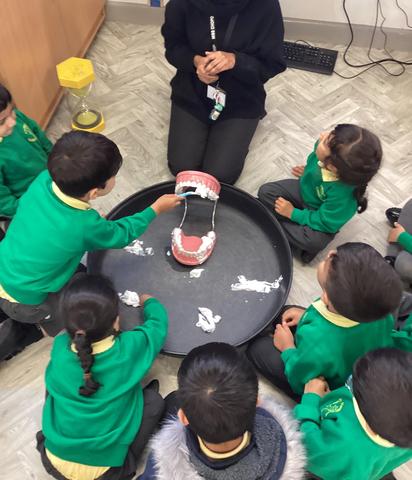

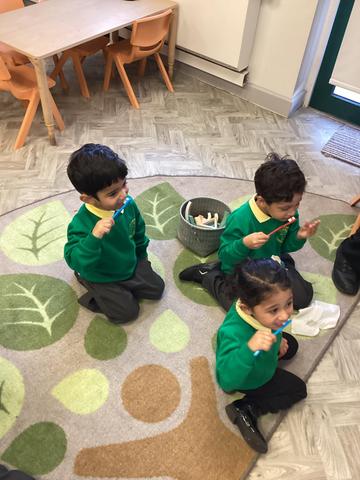
Register with an NHS Dentist
Visit AP Smilecare on Preston New Road
Dentist Blackburn | Private & Cosmetic Dentistry Lancashire | AP Smilecare
-
Register with an NHS Dentist
Find a dentist near you
Oral Health
Why oral health is included in the EYFS framework
This has been included because good oral health habits need to be formed from the earliest age. Tooth decay is largely preventable, but it’s still a serious problem among young children.
Nearly a quarter of 5 year olds in England have tooth decay, with 3 or 4 teeth affected on average. Tooth extraction is one of the most common procedures for children under 6 in hospital. Extraction is also the most common reason for hospital admission for children aged 6 to 10. Children from more deprived backgrounds are more likely to have tooth decay.
Children who have toothache, or need treatment, may have pain or infections. This can have a wider effect and lead to problems eating, sleeping, socialising and learning.
Promoting oral health
Be playful with children about oral health. Suggest they brush the teeth of dolls or soft toys. Read stories about teeth and smiles. Talk about healthy food and drinks that help to grow strong teeth, and those that do not. Get them to look at their own and sibling/parents' teeth, using mirrors.
You can also support children’s awareness of oral health by:
- visiting dentists regularly
- reading stories about visiting the dentist
- watching YouTube videos such as 'Topsy and Tim go to the Dentist'
- brushing teeth together
- establishing toothbrushing routines
Useful resources
Children’s Oral Health: healthcare e-learning, aimed at parents, early years healthcare workers, teachers, nurses, GPs and the public.
PACEY’s oral health advice: includes factsheet for parents.
PACEY’s nutrition spotlight, encouraging healthy eating habits.
Delivering oral health from Public Health England, includes a quick guide to healthy mouths in children.
Change4life children’s centre toolkit from Public Health England, for promoting healthy eating and dental health.
Save your tooth!
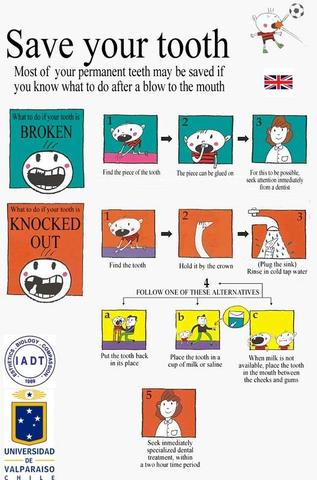
Brush DJ!
The free, award-winning Brush DJ app makes brushing your teeth fun! Watch the video to see all its features : )
Healthy Mouth Guide
Do dummies affect speech?
The use of dummies, also called pacifiers or comforters, is a common practice in many countries.
Advantages
For many families, the most important advantage of the use of dummies is their role in helping babies settle down to sleep or to soothe them. Some studies show that dummies can help establish good sucking patterns in very young babies, especially those born prematurely.
Several research projects have begun looking at a correlation between dummy sucking and Sudden Infant Death Syndrome (SIDS), and whether using a dummy lowers the risk of SIDS. This area of investigation is very new and SIDS support organisations do not recommend the use of dummies as a preventative measure.
Disadvantages
There are a few suggested disadvantages:
-
Stopping breast-feeding early – however research in this area is undecided;
-
Increased risk of middle ear infections (otitis media/glue ear);
-
Increased risk of dental problems and crooked teeth if used beyond age three.
Development of speech
There is some evidence to suggest that frequent dummy use in the daytime may affect young children’s speech sound development. Common sense would suggest that having something in their mouths will make babies and toddlers less likely to babble and experiment with sounds, both of which are important for the development of speech. However, current evidence suggests that any speech sound errors associated with dummy use do clear up as children get older.
Advice for Parents & Carers
There is a lot of confusing advice available about the use of dummies and it is important to be aware of the range of arguments.
Dummies can be useful in settling young babies and encouraging strong sucking patterns, but their specific usefulness declines after a developmental age of about six months. It may also be advisable to restrict dummy use to night time where possible.
However, there is no strong evidence that dummy use will impact the development of speech skills in young children. There is useful advice and tips on reducing dummy use here.
